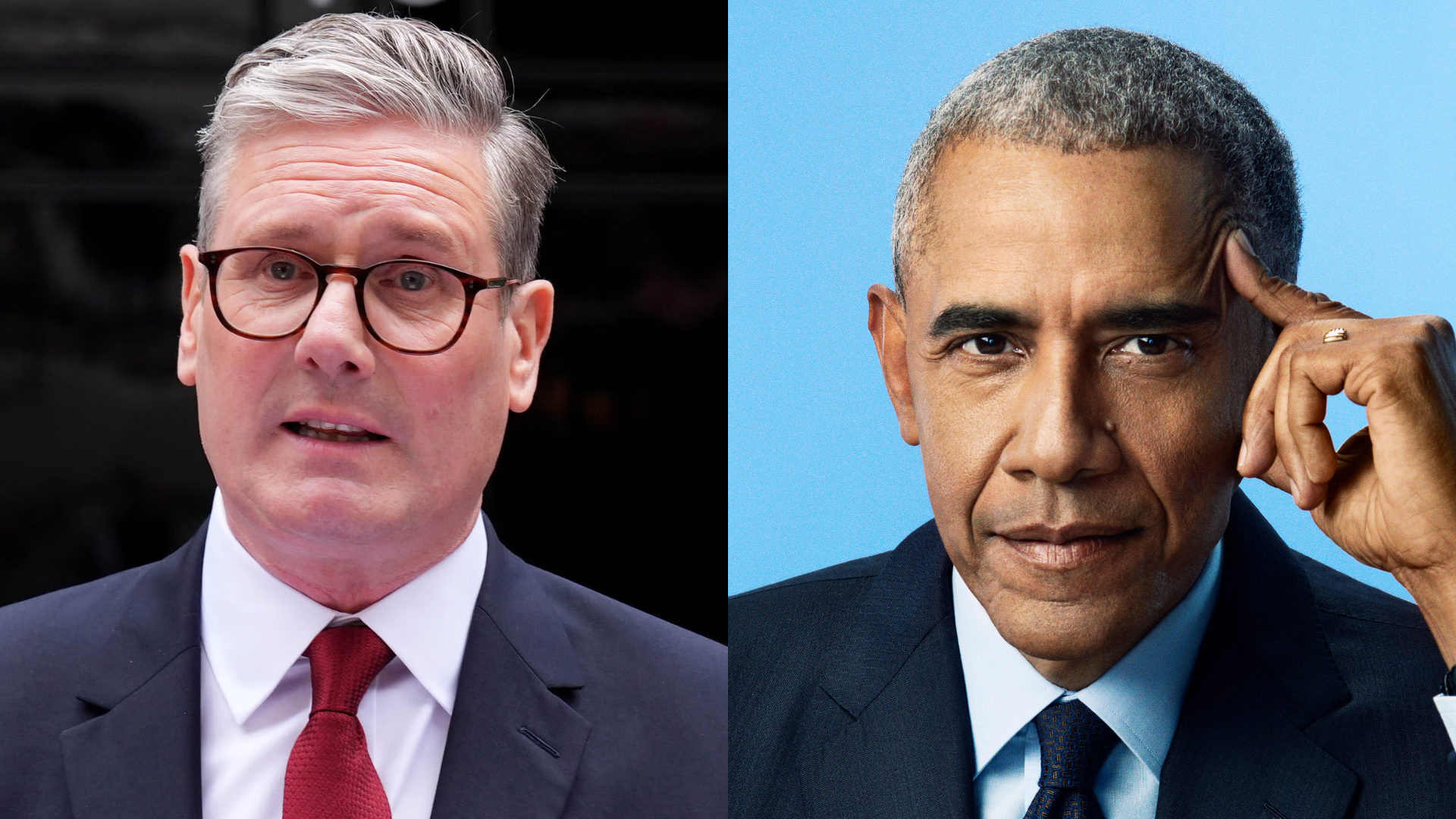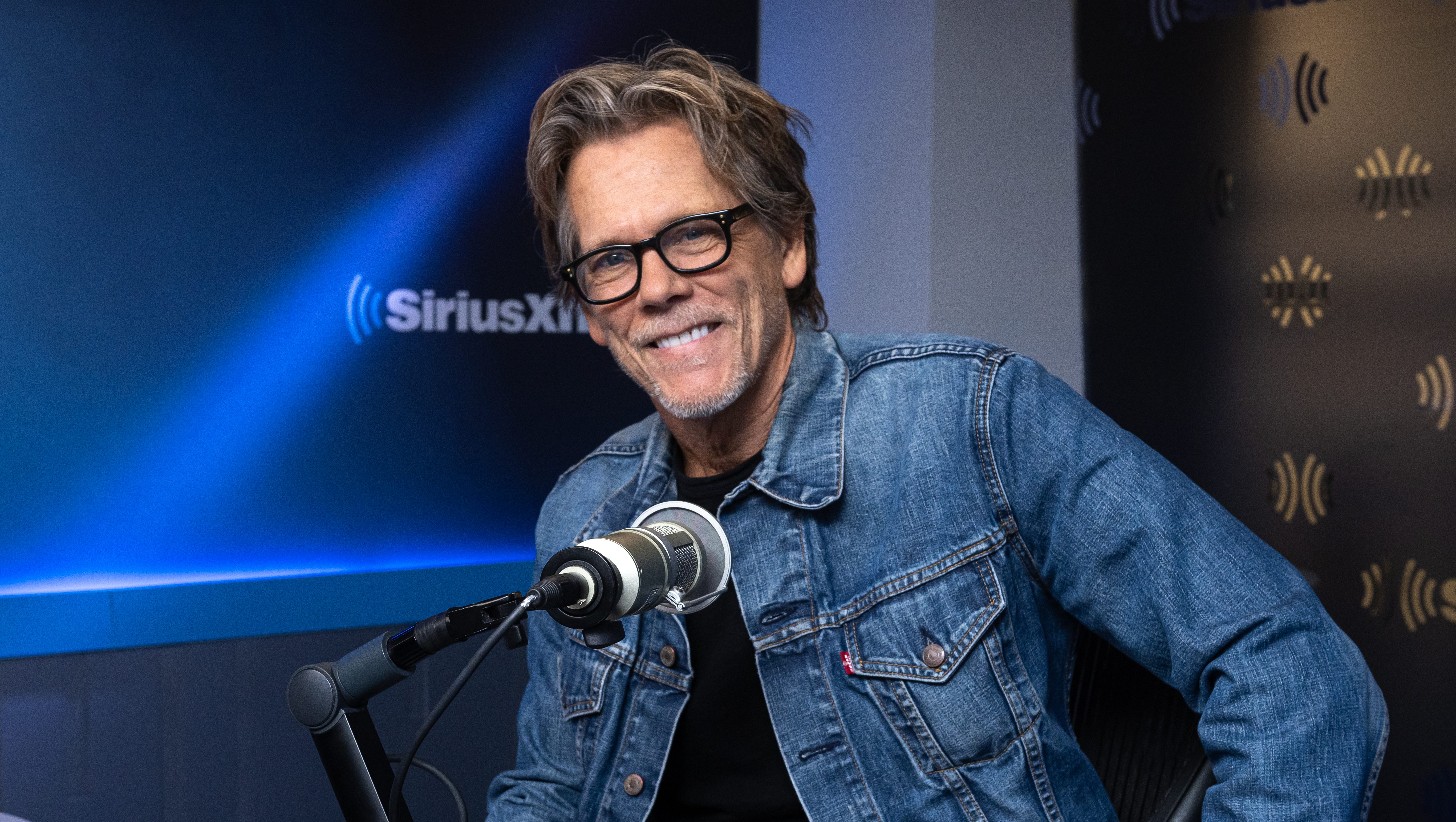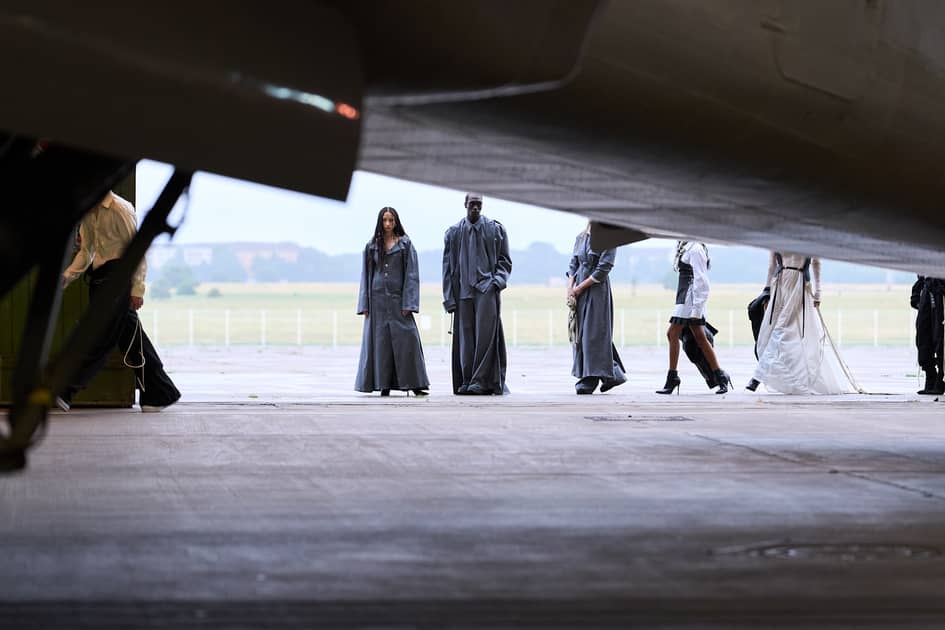At a surprise show at the Punch Line on Thursday night, Dave Chappelle crossed plenty of lines — doing cringey Chinese accents, leaning into Jewish stereotypes and gleefully yelling LGBTQ slurs. But midway through the set, he checked himself and stopped a joke short, pivoting to how hard it is to be a celebrity because there’s always one snitch in the room. He peered around at the tightly packed 182-person audience, saying he was going to find the snitch.
It wasn’t the first time that night Chappelle referenced me and wouldn’t be the last.
The night began with a stellar opening set by Oakland-born comic Dauood Naimyar, whose pro-Palestinian videos led to the cancellation of several gigs last November. Then Chappelle began his fourth and final show of this run by talking about how he got in trouble with the “local news” in 2023 for a joke about how San Francisco needed a Batman. The “local news” was me: My story about that show went viral and was aggregated by Fox News, resulting in the most hate mail I’ve ever received (they even found me on LinkedIn). Meanwhile, about 40 feet away, I scribbled down his words in my notebook, suddenly terrified that my neighbors would notice — and snitch on the snitch.
Article continues below this ad
Chappelle didn’t seem particularly angry about it, though. He was using it as a setup. Next came a half-hearted sidewalk poop joke, and he pounced on the lack of reaction — “and a hush goes over the f—gy San Francisco crowd,” he said, using a derogatory term for gay people.
For those who’ve been following the past few years of his career, the line isn’t that surprising. Chappelle turned heel with a string of controversial Netflix specials that earned him widespread condemnation from the LGBTQ community and a place on the anti-woke Mount Rushmore alongside his buddies Joe Rogan, Elon Musk and Kanye West, who has legally changed his name to Ye. (Text exchanges with Musk and Ye made for running jokes during the set.) He relished villain status, leaning into his grievances and casting himself as an underdog, even though he’s rich enough to have purchased nearly an entire town in Ohio, in a move he cleverly describes as “reverse gentrification.”
Although impromptu, Chappelle’s performance wasn’t all that unusual. A few times a year, he’ll announce a string of local shows on one day’s notice, and the tickets will sell out immediately. This time, it was an opportunity for him to test out new material while waiting out his one-year non-compete clause from Netflix. “I’m practicing on you,” he said. What resulted was more of a fireside chat than a typical stand-up set. As is common for many comedians these days, he uses a service called Yondr, which collects attendees’ cellphones on entry, hence my frantic under-the-table scribbling.
On Thursday at the Punch Line, he did seem to have moved on from the topic of gender (similar to his July 2023 show). He acted a little more self-aware this time around, sincerely apologizing halfway through a joke about domestic violence to anyone in the room who had experienced it. But he could not stay away from the slurs — he’d sneak them into unrelated bits, dog whistling about his old grudges. For such a virtuosic storyteller, it felt like a lazy move, a misdirected misdirection. When discussing our divided country, he drew the battle lines of a civil war as MAGA vs. “f—tland” — cue another San Francisco reference with the same slur — but then he said that in this case, he’d likely be on San Francisco’s side.
Article continues below this ad
Politics was a recurring theme. He noted how he voted Democrat in 2020 (“I f—k with Joe Biden”), and potentially would again, but said that this was the hardest election of Black people’s lives (and didn’t elaborate). The war in Gaza was another topic, with Chappelle dropping a line about Israel having the right to defend itself and feeling like “the best defense is a good offense.” He bemoaned the fact that the U.S. is sending guns to Israel and food to Palestine and that the hostages seemed to have disappeared from the conversation, before pivoting back to familiar territory (“if the hostages were transgender, they’d be rescued”).
Most of the edgelord humor was pretty juvenile: antisemitic stereotypes about banking and the media, along with cringey accents. One of the bigger laughs was about a communist toy store (“Toys ‘R’ for All of Us”), but it was followed by a distasteful rhyme about Chinese people that’s so cliche it would barely score a laugh on an elementary school playground.
For such a small show, the crowd wasn’t that lively, a fact that wasn’t lost on Chappelle; at one point, he playfully said the crowd sucked. But he largely shrugged it off and still went longer than his scheduled hour, finishing three cocktails before a bartender brought him a beer, which he took as a subtle hint. “I understand,” he replied, then joked that he planned to have a few more beers after the show and go fight some crime.
Article continues below this ad
What drew the biggest laughs were nostalgic stories about the origins of sketches from his Comedy Central show (his great-grandfather inspired the blind Black Klu Klux Klansman). The most memorable moment was an audience exchange when Chappelle ceded the floor to a former staffer of Vice President Kamala Harris, who defended Harris’ record on crime.
One of the main themes in the flood of hate mail I received about my previous Chappelle reviews was about what I’ll call “Comedians’ Rights.” Supporters of Comedians’ Rights seem to believe that humor exists in a vacuum, where the only result of a joke is laughter or silence. To them, the stand-up stage is some sacred entertainment zone. And, in a sense, without any documentation — thanks to confiscating people’s cellphones — a comedy show like this can be a bubble. You’re temporarily in a club whose members have decided that normal rules of polite speech do not apply. That’s why it’s so fun.
The crux of the Comedians’ Rights argument underestimates the power of storytelling. Jokes embolden opinions, opinions lead to actions, and actions lead to consequences that can’t be contained by locking a cellphone in a pouch.
Chappelle has long taken the Comedians’ Rights defense, and he invoked it at the Punch Line before his last reference to the whistleblower in the audience. “These are just jokes,” he said, after dropping another racist cliche about Chinese people.
Article continues below this ad
A mischievous smirk came across his face, building up momentum for a headline-worthy rant. “Watch the local news,” he said. “I’m gonna do it!”
I quickly flipped to a new page of my notebook, readied my pen and tried my best not to look like “the local news.” He scanned the room, and for a moment, it felt like he was staring right at me. But instead of kick-starting another news cycle, Chappelle just sighed and changed the subject, leaving me with little to snitch about.







